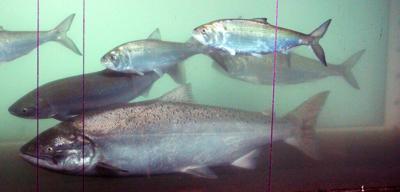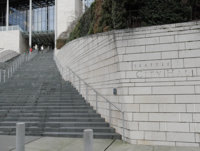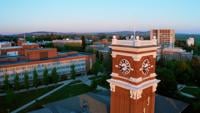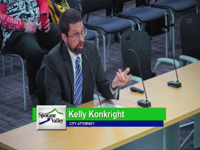(The Center Square) – Supporters of salmon recovery efforts in Washington state were optimistic going into this year's short 60-day legislative session.
There was bipartisan support for habitat restoration, with several bills being offered by Republicans and Democrats. Lawmakers had a lot of money to apply to salmon restoration, with the carbon auctions under the Climate Commitment Act having generated more revenue – portions specifically dedicated to environmental projects – than expected.
Legislators added about $2.1 billion in new spending in this year's supplemental budget but only $1.4 million, or .07%, was allocated to four small salmon recovery projects.
The market-oriented Washington Policy Center pointed in a blog that the budget also added $1.4 million for “additional staff and resources to implement the Climate Commitment Act,” meaning lawmakers allotted just as much to add staff to manage the CCA tax, as they did to salmon recovery.
The Puget Sound Partnership in an end of session report made clear its frustration.
“Several bills were crafted by a bipartisan group of legislators and looked for non-regulatory solutions to advance salmon recovery," the report said. "Only two of these bills passed in the 2024 session..."
WPC called it "A big, missed opportunity."
Two of the salmon recovery bills had bipartisan support, but did not make it past the initial cut.
House Bill 1365, sponsored by Rep. Mary Dye, R-Pomeroy, would have established a new office of Puget Sound Water Quality within the Department of Ecology to provide provide technical assistance and grants to wastewater treatment facilities for producing nutrient discharges into Puget Sound. The office would also be tasked with awarding grants for discharge reduction projects.
Other than getting a staff briefing, the bill died in committee.
Rep. J.T. Wilcox, R-Yelm, introduced House Bill 2286, which also failed to get very far during session. HB 2286 would have created a capital grant program to support recovery of salmon and steelhead stocks
“Almost everybody understands we’ve been putting dollars into salmon recovery for many, many years, and we’ve been failing, so not only is that a waste of money, which we should care about," he said. "It also has created a number of serious impacts on people in our state, beginning with Washington state tribes.”
Years of knowing how bad the problem is, but failing to address it, has created unnecessary bitterness, according to Wilcox, who is not running for re-election.
“We’ve seen bitterness between land owners and tribes, farmers, ranchers and timber owners, and the result isn’t usually good solutions," he said. "It ends up being the demand for further prescriptions, further regulations that still have not been effective.”
Some salmon recovery legislation passed the Legislature this session, including a bill to study the impact of birds that prey on salmon and a bill to look into the
There were however some gains made in salmon restoration and recovery, including a bill to study the impact of birds that prey on salmon and another that requires looking into the rubber tire chemical known as 6PPD, which is known to, at low concentrations, kill coho salmon. Per the bill, the Department of Ecology will create regulations to address the impact of 6PPD, and require staff to “specifically consider the effect of regulatory actions on driver and passenger safety.”









